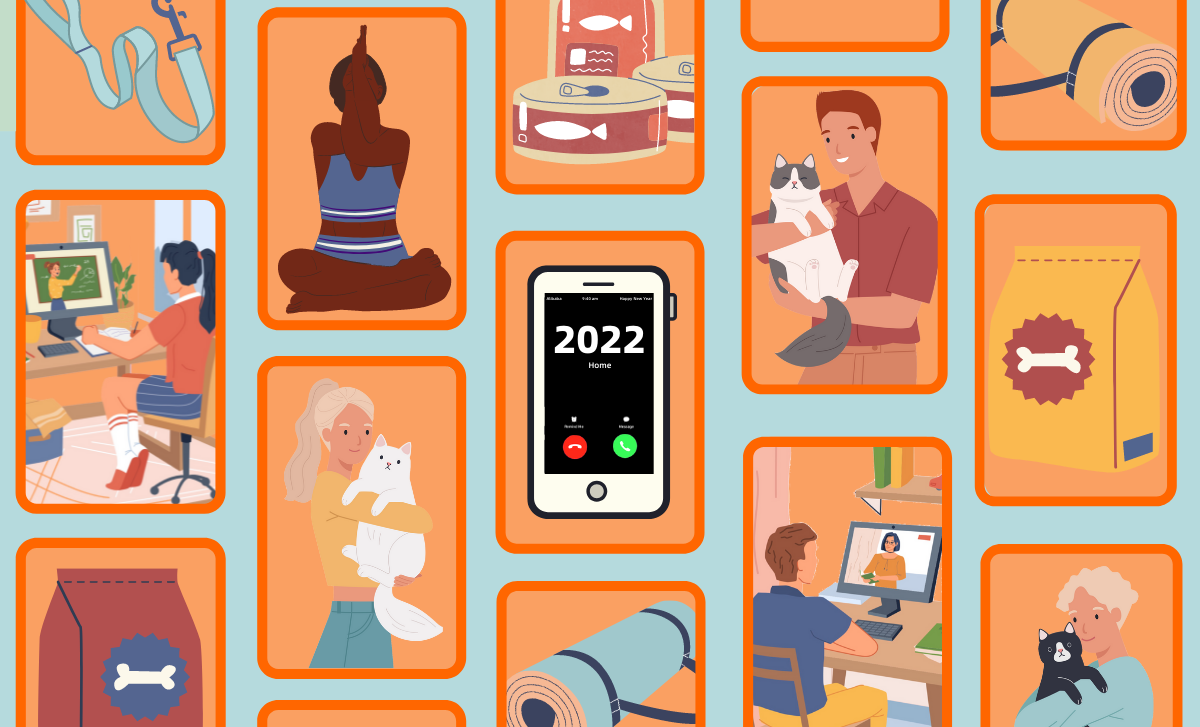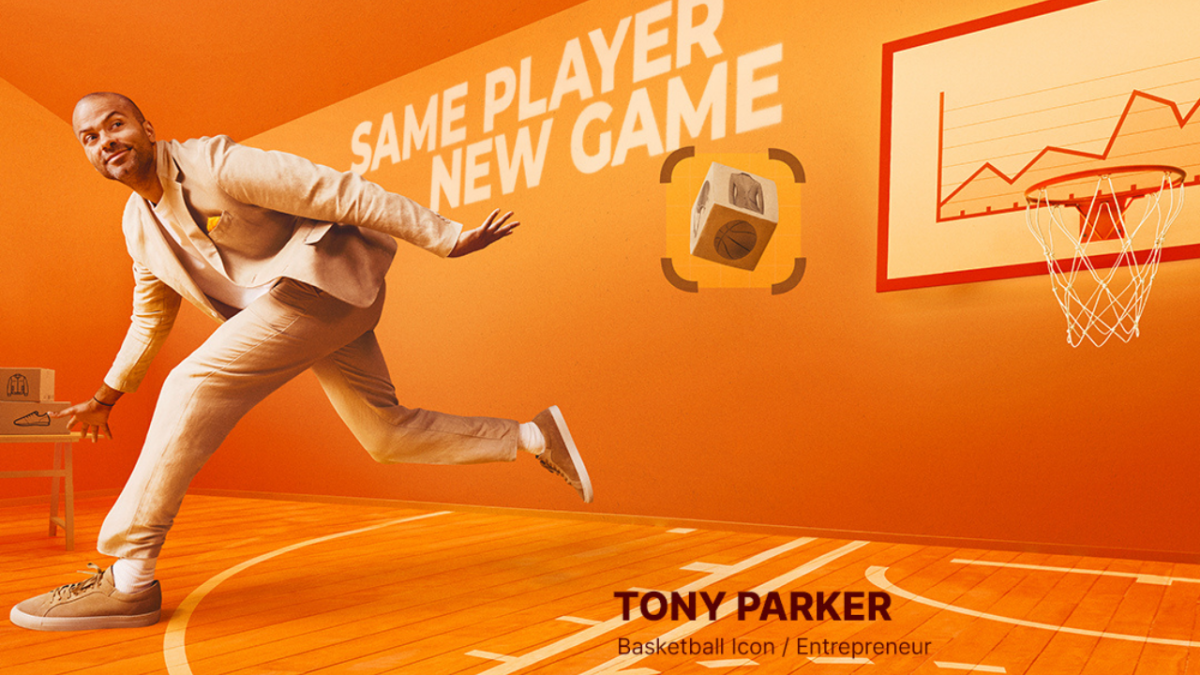


Photo credit: Alibaba Group/Elizabeth Utley
The coronavirus pandemic, climate change and evolving gender politics are among the powerful forces refashioning consumer behavior. Retailers are racing to keep up.
The industry will need to adapt to changing norms quickly, or swathes of businesses will face irrelevancy as past purchases no longer imply brand loyalty.
Market research provider, Euromonitor International, has identified ten consumer tribes that erupted onto the scene during the pandemic and is advising retailers on how to seize the opportunities and avoid the pitfalls created by social upheaval.
Over the coming days, we will profile other consumer tribes and examine how merchants, from multinationals to startups in niche categories, adapt to meet their needs.
In our 10-part series, we have looked at how climate change and the metaverse impact retailers. Below we’ll explore what growing wellness awareness means for retailers in 2022:
No. 2: THE GREAT LIFE REFRESH
The coronavirus pandemic triggered many consumers to make drastic personal changes, such as quitting high-pressure jobs in search of a greater work-life balance.
A record 4.5 million Americans resigned in November even as job openings hovered close to all-time highs. Meanwhile, about 24% of consumers prioritized time for themselves in 2021, double the 12% in 2015, according to Euromonitor.
British skincare and wellness brand, This Works, said anxiety and sleeplessness are rising. Two-thirds of respondents to its survey reported feeling more anxious during lockdown with worries about the pandemic overtaking work and finances as stressors.
Yoga, meditation and a growing sense of mindfulness are entering mainstream practice as people look to heal themselves. Viral yoga guru Adriene Mishler has gathered 10.7 million followers on YouTube, boosted by people looking to stay well during lockdowns.
Businesses should provide goods and services that respond to this once-in-a-generation moment, coupled with marketing that acknowledges and embraces upheaval.
Activities that positively impact physical and mental health, such as adopting a pet also influence purchase decisions.
“The fact that pets are good for mental health and socializing children has been well known for decades now, but only by people who loved pets,” said Hans Büngener, CEO and owner of German-headquartered Büngener Pet Health GmbH. “Now, also officials and healthcare givers understand the benefits.”
During lockdowns last year in Europe, more people acquired a dog to keep them company and because they were allowed out to exercise them outside. Many animal welfare professionals feared that people would surrender their pets after lockdowns ended, but this has largely not happened.
“We now have a bigger community of pet over owners and pet lovers. This is very, very important because the longer the pandemic continues, the more people have psychological problems,” said Büngener.
“The pet industry, from manufacturers down to retailers, has an opportunity right now to maintain its pace of growth and if it is wise, it will stay in close contact with the new customers,” said Büngener, who forecast that the industry in Europe could grow around 9-12% in the years ahead, versus the roughly 1.5-2% pre-pandemic.
The final installment in this series will explore the motivations of a tribe of Rural Urbanites





